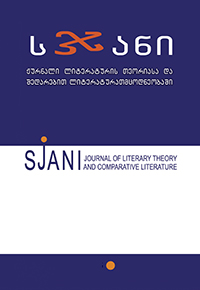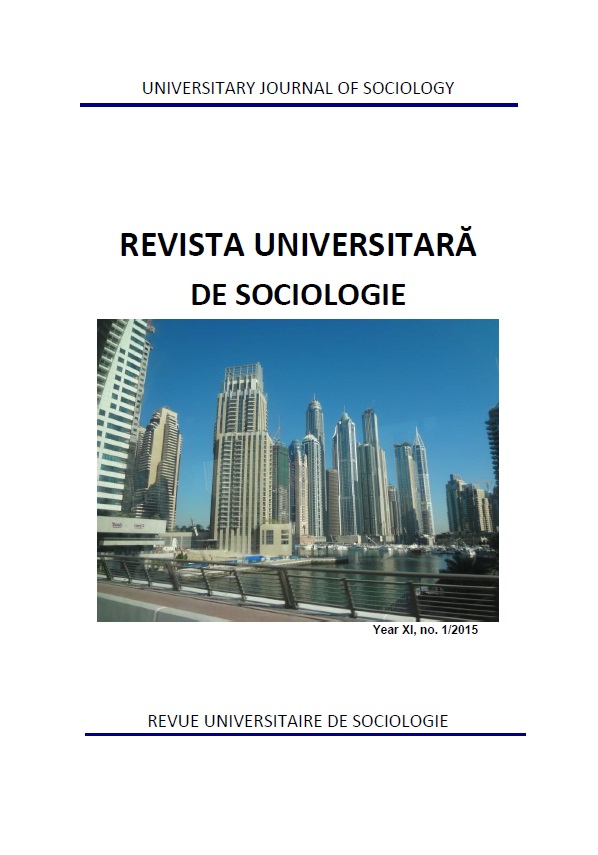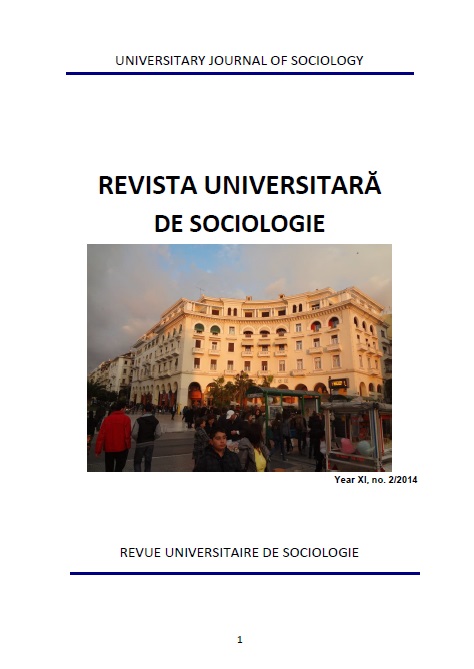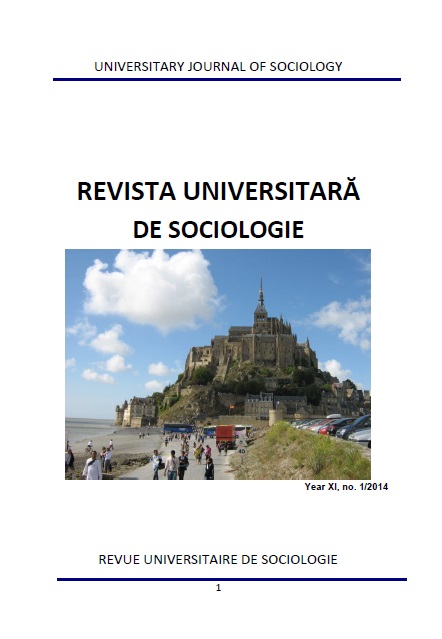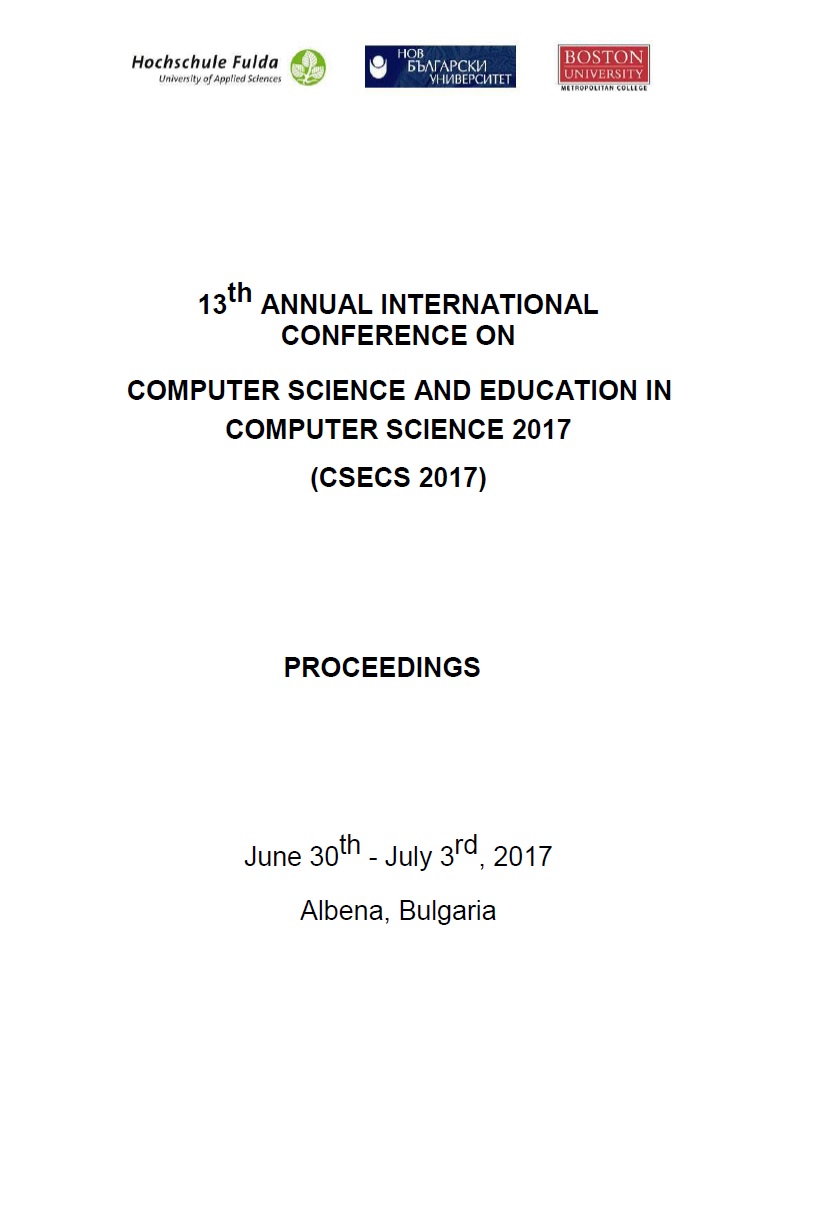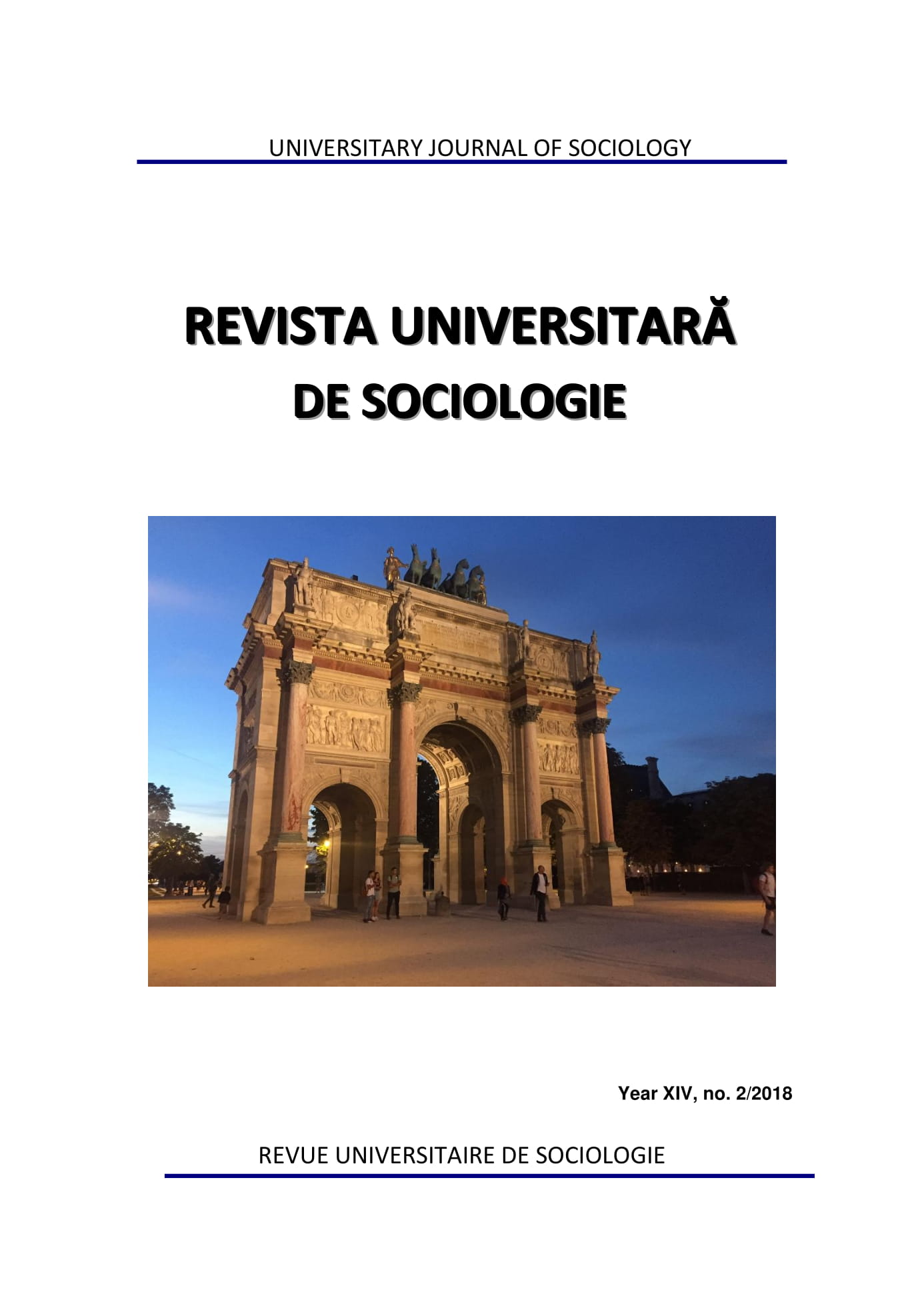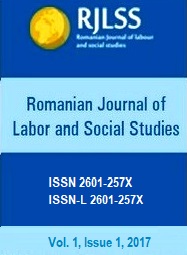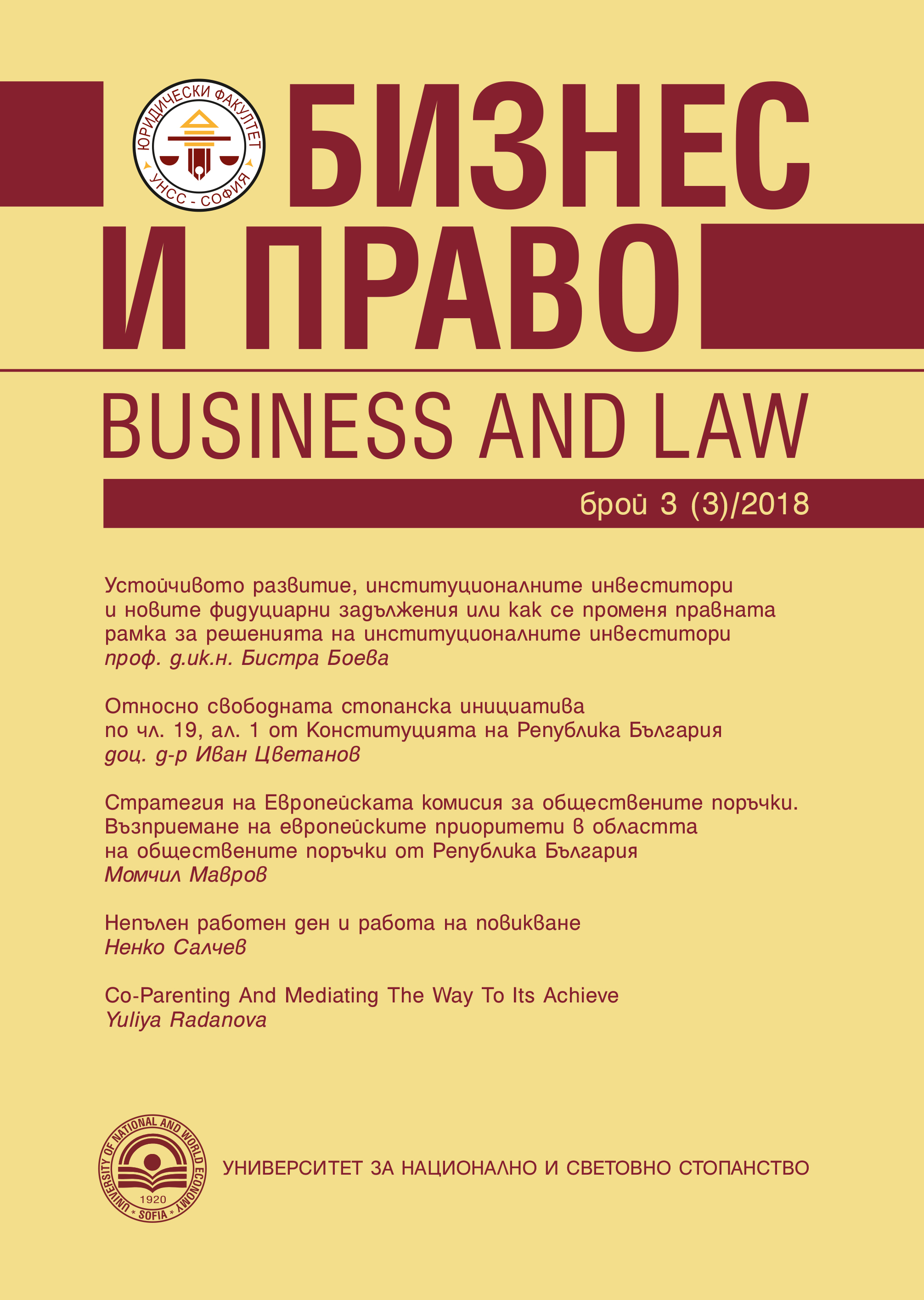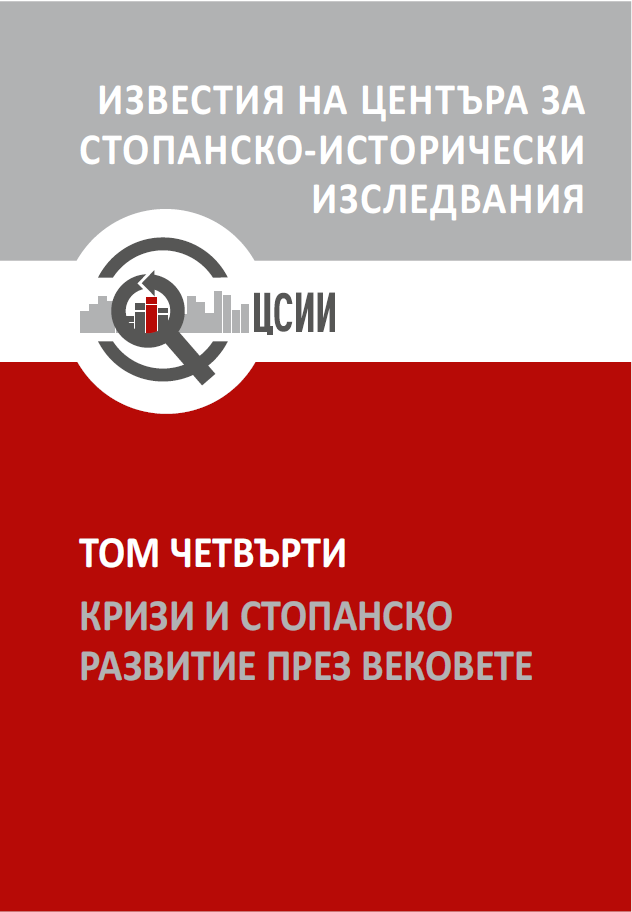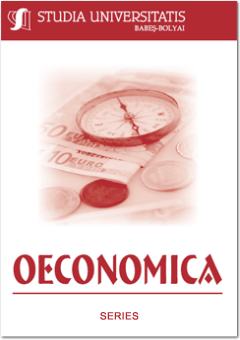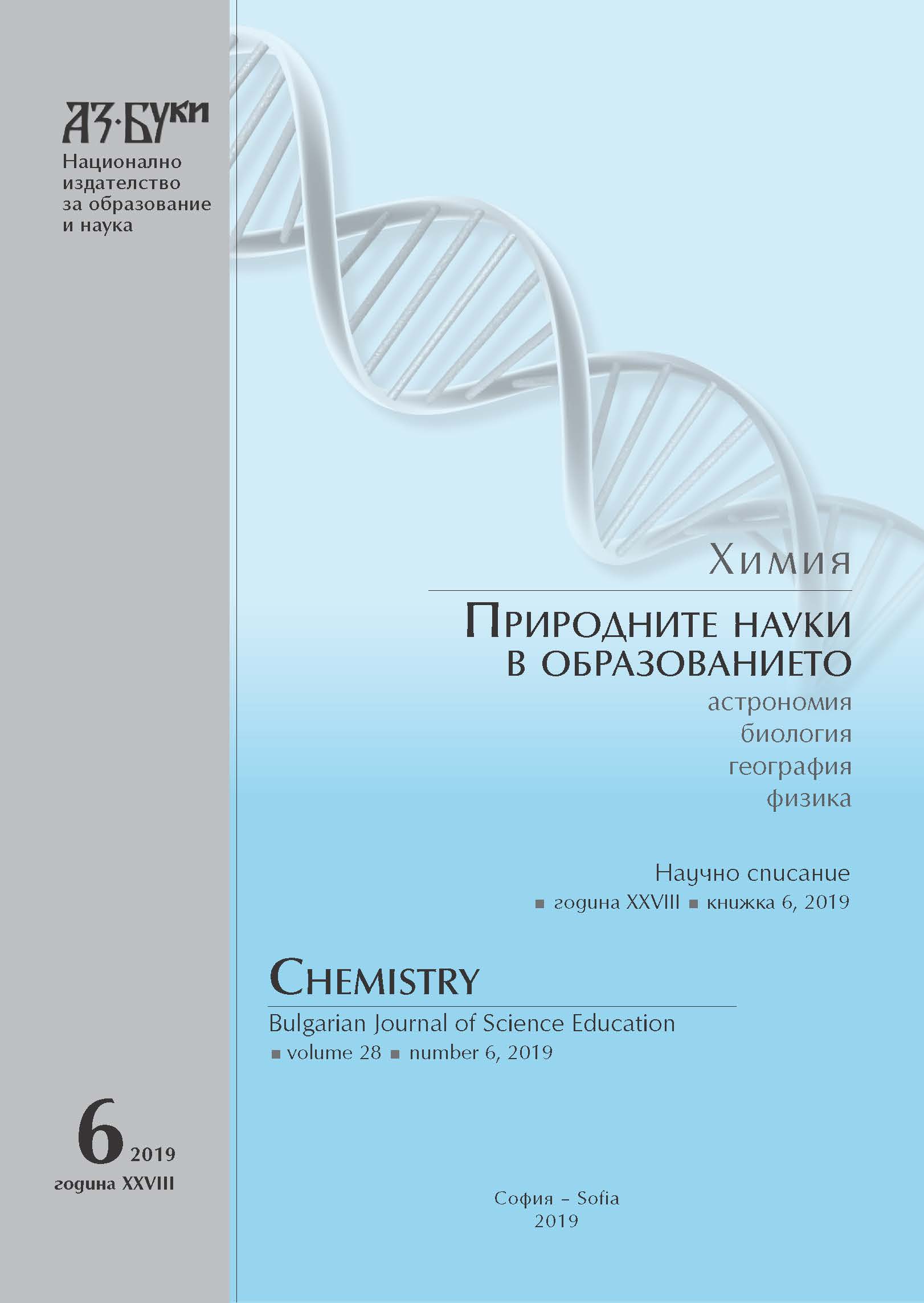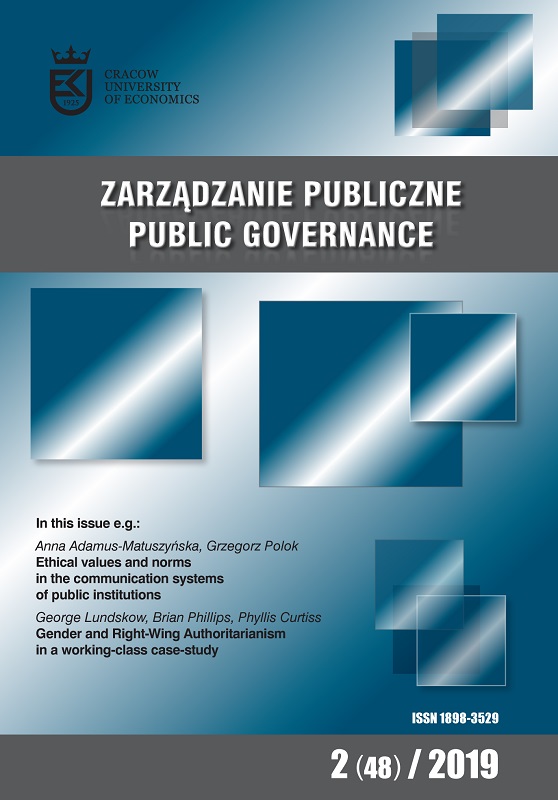Author(s): Nona Kupreishvili / Language(s): Georgian
Issue: 18/2017
Beginning of the 20th century is known as the hardest transitional period causing destruction of historical and cultural paradigms throughout the Europe. First of all, in our country it had taken place exactly at the time of the second stage of Ilia’s so-called modernization project, when by the help of correct emphases on the new demands of time made by previous generation and efforts of entire Pleiad of courageous and motivated persons was established diverse program of culture renewal. Events taken place in February 25, 1921 had prevented complete fulfillment of this program, so annexation of independent Georgia by Red Army and Georgian Bolsheviks. Thus, the process of reevaluation generally characteristic for the culture appeared in our case tragic.In parallel to the modernization of art fields and philosophic and aesthetic mentality the creative generation called “New Georgia”, who were mainly educated at European universities set an objective even to deepen their economic mentality that could radically change both social mentality and life in the condition of correct practical decisions. That time completely young figure Geronti Kikodze took exactly this course of work, who in parallel to the erudition at universities, since 1908 used to publish sharp and resonant letters in the newspapers “Droeba” and “Sakhalkho Purtseli” hampering complete liberation of Georgians from the patriarchal and feudal life style and acknowledgement of new economic order based on capitalism and gradual integration to its demands. Specificity of our country’s historical development was also noteworthy (anticipation of the case that after the First World War and Russian Revolution as of February-October the empire would not exist as in old, since century’s 1900's-10's existed and everybody felt the necessity of replacement of monarchic power by democratic governance) that required certain caution, because as G. Kikodze wrote the country lacking statehood thinking not to be completely overwhelmed by “Goal Storm of Capitalism”. That is why aesthete and philosopher Geronti Kikodze, in-depth acknowledged in the west European literary, aesthetic and philosophic news, besides such type of analysis often had to also study the works of Adam Smith, James, Jerom Blank, Montesquieu and Lemestr. The same way as the persons of his years: A. Jorjadze, M. Tsereteli, M. Javakhishvili, K. Gamsakhurdia, N. Mitsishvili, or V. Kotetishvili., whose valuable time intended for their creative works was spent for the preparation of broad society for the future transformation of society, so it was spent for publicist writing directed towards daily needs. Discussion was conducted on three basic issues: with regard to 1) essence of nation, ambivalence of freedom of nation and person; 2) inevitable inclusion of art and writing within the context of modernism; 3) in terms of acknowledgement and activation of new economic order by taking into account west European experience. In this discussion were participating: A. Jorjadze, Gr. Robakidze, M. Tsereteli, M. Javakhishvili, G. Laskhishvili, S. Pirtskhalava, G. Kikodze, K. Gamsakhurdia, P. Gogichaishvili, V. Kotetishvili and others. Though it is to be noted that there were also such a young figures (N. Zhordania, P. Makharadze) who in their ways were understanding and accordingly even spread Marxism’s ideology and herewith were characterized with unusual obstinacy and purposefulness. Almost everything that they were trying to establish were anti national and alike Russian Marxism was based on the idea of class struggle (itself Georgian social-democratic party was composed of Russian social-democratic party). This line of strict differentiation was so comprehensive that soon it completely naturally developed into the requirement of art and selection of writing (at one-time Vl. Lenin used to popularize this line). G. Kikodze, who at this time was attending the lectures at European universities, also was influenced by “Manifest of Communist Party” established by Marx and Engels and “Capital” of Marx: “Capital” and “Manifest of Communist Party” altered all testaments, begun from the Gospel to the declaration of citizen and human rights. Though, soon conscious advancement of atomistic and particular tendencies by social-democrats, decision on replacement of homeland’s idea with the idea of community and province made G. Kikodze to reconsider personal impartiality: “I overestimated my ideals and undergone spiritual crisis” – thus estimated he aforesaid change in his memory book “From Daybreak to Noon”. At the same time with social-democratic party that time two political parties of social-federalists and national-democrats established in Georgia considered settlement of economic problems as the cornerstone of country’s development (obviously in the context of correlation of national and social issues) and besides, the change should relate to feudal and patriarchal ethics that had to be replaced with capitalistic ethics, already developed in European countries, follower of trade and industry development. G. Kikodze also was following this opinion, despite of the fact that he was no member of any above-named parties. As a result of crystallization of look (may be also said as a staging), undoubtedly turned the letter dated by 1915 “Man with Hammer” that pathos is full of the spirit of new “Georgian reformation”. At its time Max Weber used to discuss conformity with law on movement rationalization, or so-called movement of society from traditional to modern condition in the context of religion, namely within Protestantism (M. Weber, Ethics of Protestantism and Spirit of Capitalism, 1905). Rational, cheerful and purposeful person, found in the ascetic denomination of Protestantism had to become to present unknown support of social-economic formation the capitalism. Possibly, the place of particular apostasy is not also perchance chosen by G. Kikodze. In the canonical space of Georgian temple acknowledged as the first keeper of cultural identity as sacral topo’s, the old traditional accents of reader are replaced, moreover their replacement by new ones. Lighting cruel light of renewal alongside to perfect frescoes, on the bas-relief of to present unknown man with hammer as on the prominent marker of changed time is perceived as well considered act. For the first time this fact was noted by critic Tamaz Vasadze, who included the text of “Man with Hammer” even in textbooks and possibly it was the most democratic and correct form of legitimization of mentioned letter written by G. Kikodze. In the figure of architect, Basil Khurtsidze the builder of Zarzma monastery, found in Kvabliani ravine, Chulevi monastery and possibly builder of some monasteries of Zarzma, holding in his hand a tool, the hammer, here is personified very important message: call, next to Georgia with a sword and cross to the determination of worker, builder Georgia. Actually, mentioned G. Kikodze’s aspiration includes serious implications, even under the purpose stating that they present logical transformation of Ilia’s idea named, “Bloodless War”. Actually, the life of one person (Ilia’s) and broken under the violence was not enough for solving all keywords in the time of historical modern determined for us, but the activity carried out on the first stage of modernization project by “60's, (establishment of new logos, attempt of establishment of national capital, contemplation of sociocentric prevalence on literature centric tendencies) – is mentioned emphasizing vital vectors of country – this founding appeared to be in the possession of reliable entity. G. Kikodze’s generation was ready to make past (yesterday’s) result as an impact of present activities.G. Kikodze’s collection of letters, titled “National Energy” published in 1919 was intended exactly for necessity of grounded transformation of Georgians consciousness, Georgian nature. Both activation of the aspiration of initiative and amateur activities and change of incorrect relation to capital had equal importance in this context. Grounded statement of author as to Georgians have to themselves make their fortune was a phrase dictated under the formed reality and used to determine action strategy of entire that times creative new generation. In is another issue that due to the faced historical condition was not possible to realize it, though immediately after the restoration of independence was made clear vitality of minds and opinions translated in the beginning of the century and expedience of their activation intended for the future of the country.
More...


